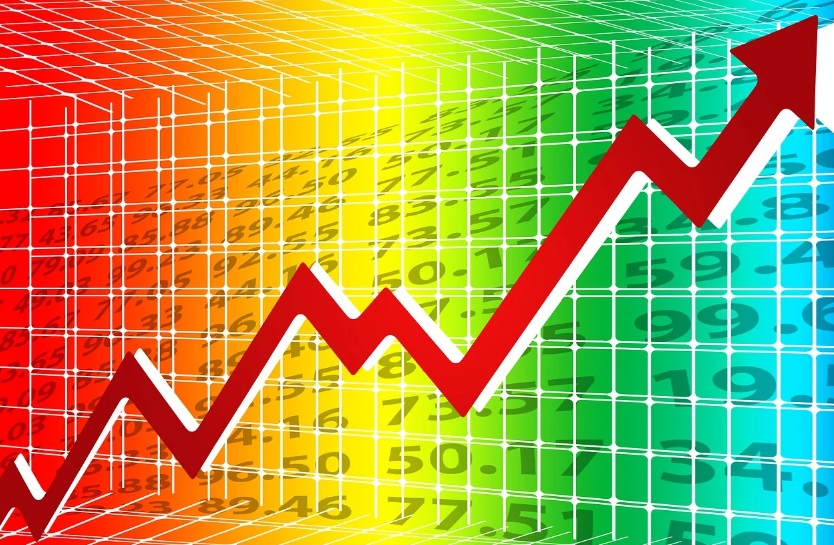
(Photo : Pixabay)
Representational Image
- Global stocks and the Dow Jones hit record highs due to subdued U.S. inflation and China's stimulus measures.
- Shigeru Ishiba's victory in Japan's leadership contest influenced markets, hinting at a potential shift in Japan's monetary policy.
- Ongoing Middle East conflict led investors to seek safety in U.S. government bonds, decreasing their yields.
- These events have led to expectations of a potential interest rate cut by the Federal Reserve and a shift towards riskier assets.
The global stock market and the Dow Jones Industrial Average have reached record highs, driven by a subdued U.S. inflation report and China's stimulus measures.
The U.S. inflation report, released on September 27, 2024, showed a deceleration in the Personal Consumption Expenditures (PCE) price index to 2.2% year over year, which is the Federal Reserve's preferred inflation measure. This report has raised expectations for a potential interest rate cut, leading to a positive reaction in the market.
The Dow Jones Industrial Average reached a record closing high, with investors responding to the likelihood of a 50 basis point cut in interest rates at the Fed's November meeting. This optimism was also reflected in global stock indexes, which hit record highs.
The U.S. Treasury yields and the dollar fell, indicating a shift towards riskier assets as investors anticipated easier monetary policy.
Shigeru Ishiba's Victory and Its Impact on Global Markets
In addition to the U.S. inflation report, the victory of Shigeru Ishiba in Japan's ruling party leadership contest has also influenced the global markets. Ishiba, a critic of past monetary stimulus, stated that the central bank was on the right policy track with rate hikes.
Japan development led to the yen rebounding against the dollar, as Ishiba's stance suggested a potential shift in Japan's monetary policy, which investors interpreted as less accommodative compared to expectations under a different leader.
The U.S. consumer spending increased slightly less than expected, and the PCE price index showed a smaller rise of 0.1% in August, down from 0.2% in July. This data indicated that inflation pressures were easing, which led markets to fully price in a minimum 25 basis point interest rate cut by the Federal Reserve in November.
Geopolitical Tensions and Their Impact on Financial Markets
The ongoing conflict in the Middle East, particularly Israel's attack in Lebanon, has also had an impact on the financial markets. The geopolitical tensions led to a flight-to-quality bid, pushing Treasury prices higher and pressuring their yields to fall.
This indicates that investors sought safety in U.S. government bonds amid the international crises, leading to a decrease in their yields.
This recent market behavior echoes the events of the late 2000s, when the global financial crisis led to a significant reduction in interest rates by central banks worldwide. Similar to the current situation, the crisis was characterized by a slowdown in consumer spending and inflation, leading to aggressive monetary policy actions to stimulate the economy.
These events have also led to expectations of a potential interest rate cut by the Federal Reserve, a shift towards riskier assets, and a flight-to-quality bid amid geopolitical tensions.









